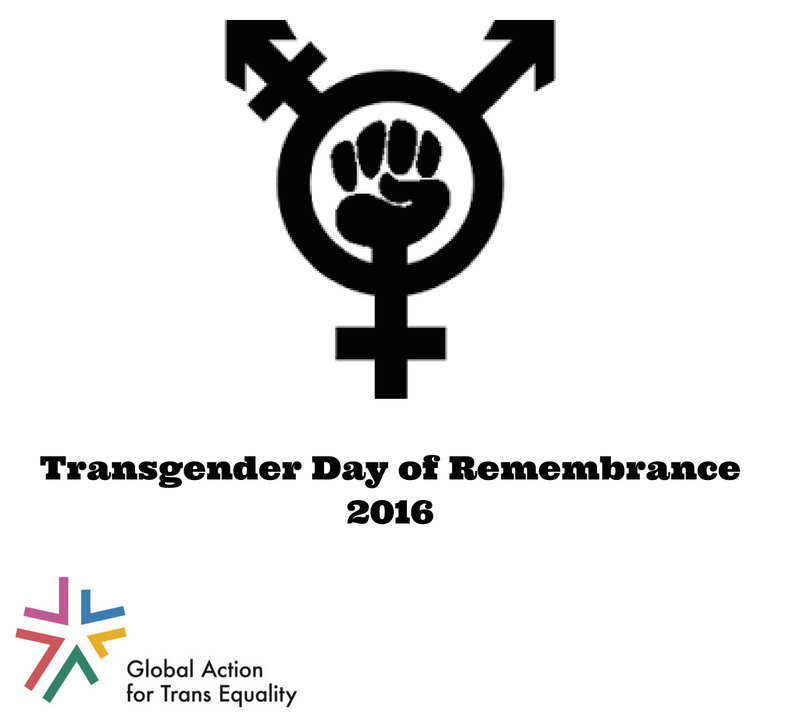
Kathmandu (Pahichan) November 23 – Trans people are defined in many ways – by our gender identities, our gender expressions, our personal experiences of embodiment, our interactions with medical and legal systems, our positions on transgressing or preserving sexual difference, and more. While trans experiences and identities vary among individuals and cultures, one especially pervasive and pernicious experience transcends identities and borders violence.
A defining characteristic of what it means to be a trans person today is to know that anywhere, at any time, for any reason, we – or those close to us – could become a victim of violence. Every November 20th, trans people and their allies gather for International Trans Day of Remembrance to memorialize those we have lost to hatred and prejudice.
“Remembrance” means remembering something that has happened in the past. Unfortunately, though, violence – and the fear of violence – is not a relic of history. While remembering our dead, trans people know that we could have been them; that we still can be them. Every time we remember the past we know that we could be naming our future.
Throughout the world, trans people struggle for our names to be recognized by our families, our communities, and the State. The challenges that we have faced – and continue to face – as trans people to enjoy this very basic human right to identity will never be forgotten. As we struggle to be recognized for who we are, we know that we risk having our hard-earned names turn up in the news or a report on human rights violations, wronged by the press, or being among those remembered on the next November 20th. We know it as it is. Our names are an affirmation of hope, but they also contain the possibility of violence against us.
In the past year alone, Transgender Europe’s Trans Murder Monitoring project documented 295 murders of trans people in 33 countries. These numbers demand we view anti-trans violence not as isolated incidents, but as a pattern of genocide impacting even those countries where some formal rights have been achieved. For those of us embodying particular intersections (such as skin color, language, sex work, nationality, religion, drug use, class, HIV and other health-related status, dis/ability and age), vulnerability is not a feeling – it is a structural reality. Indeed, in many countries, violence against trans people is officially sanctioned – justified, reproduced and promoted by governments.
GATE honors the 2016 Trans Day of Remembrance by calling on ourselves and our allies to remember not only those who have lost their lives, but also those who are struggling to keep theirs. We stand with those who are walking or living in the streets, imprisoned, or risking everything to migrate to safer places. Remembering that none of us survives alone, we call on our fellow trans activists to support each other in these difficult times and to resist the walls being built among us by making a renewed commitment to international solidarity.
Now is the time to deeply engage with our own communities while also connecting with others around us. Ours is not the only community under attack. Empowered right-wing movements and governments are assaulting many of us on different but ultimately the same grounds. Let’s work together to create and sustain the political conditions needed for change.
All around the world there are many compelling initiatives you can support to help create a future for all of us . Trans people have not only an urgent need to help these efforts, but also the skills necessary to play a key role in building an emancipated future for all. Because when it comes to be about crossing borders and remembering the past while believing in tomorrow, we surely know how to do it.
Copyright © All right reserved to pahichan.com Site By: Sobij.